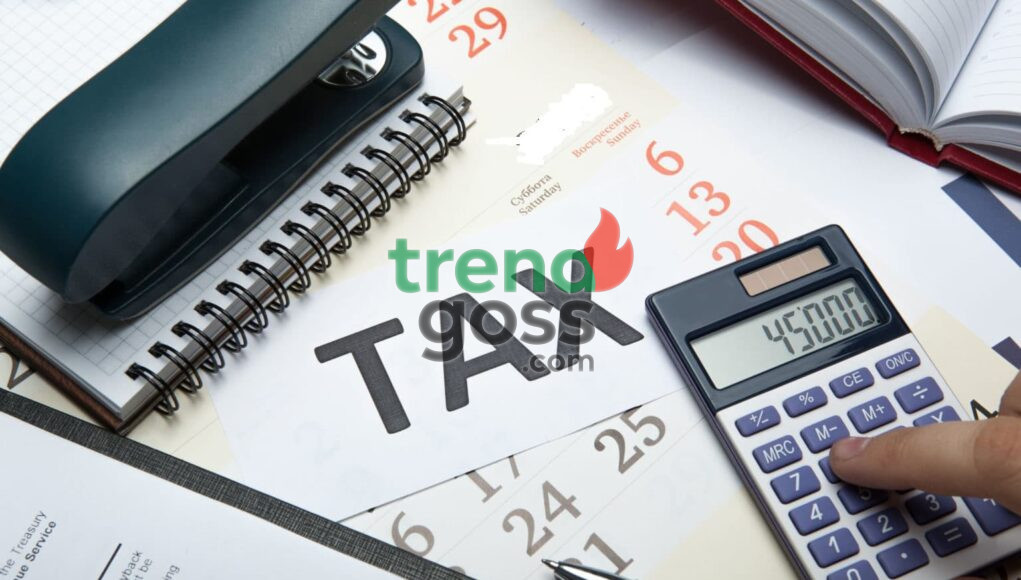The Federal Government has moved to calm rising concerns among Nigerians abroad over the new tax reforms scheduled to begin in 2026.
In a detailed document released on Thursday, October 30, 2025, the Presidential Fiscal Policy and Tax Reforms Committee, chaired by Taiwo Oyedele, explained that the new policy is not designed to tax remittances or personal transfers from Nigerians in the diaspora.
Remittances, Gifts, and Refunds Not Taxable
According to the committee, Nigerians sending money to loved ones back home have nothing to fear. Family remittances, gifts, ticket refunds, or community savings contributions are not considered taxable income.
The clarification aims to counter misinformation suggesting that the new tax laws would cover all inflows into Nigeria. Only income classified as earnings—such as salaries, business profits, and investment returns—will be taxable, and only if they arise from within Nigeria.
No Double Taxation for Nigerians Abroad
The committee also assured Nigerians living overseas that there will be no double taxation. Income earned abroad by individuals who are not tax-resident in Nigeria will not attract additional tax when brought into the country.
Oyedele emphasized that Nigeria’s Double Taxation Agreements (DTAs) with several nations will continue to protect Nigerians abroad from being taxed twice, while relief will also be provided where such agreements do not exist.
He further clarified that tax residency will be determined based on the 183-day rule—anyone who spends fewer than 183 days in Nigeria within a 12-month period will not be considered a tax resident. Dual citizenship, he added, does not affect this status.
How Diaspora Investments Are Taxed
The document also detailed how various diaspora investments will be treated under the new reforms:
- Exemptions: Government bonds (including Sukuk) remain completely tax-free.
- Capital Gains Tax (CGT): Applies only to sales of real estate—owner-occupied homes are excluded. Share sales are exempt up to ₦150 million in proceeds or ₦10 million in gains yearly.
- Withholding Tax: Dividends, rental income, and non-government bond interest attract 10% final tax, reduced to 7.5% for residents of certain countries like the UK, China, and South Africa.
Remote Work, Pensions, and Filing Obligations
The committee clarified that remote workers will only be taxed based on income generated from Nigeria. Pensions and stipends received from abroad are also exempt unless tied to work done within the country.
For Nigerians abroad with no Nigerian-source income, there is no obligation to obtain a Tax Identification Number (TIN) or file annual tax returns.
However, those with Nigerian-based business or employment income must continue to file returns using simplified platforms such as TaxProMax and online TIN registration.
Transparency, Fairness, and Incentives
According to Oyedele, the reforms are built on three principles: fairness, simplicity, and transparency.
Tax revenues, he said, will now be more visibly tied to infrastructure and public service delivery, with anti-corruption safeguards firmly in place.
Additionally, diaspora-owned NGOs will remain tax-exempt if strictly charitable, while diaspora SMEs will be treated like local businesses—taxed on profits but eligible for incentives like SME tax reliefs and VAT exemptions on real estate.
Oyedele concluded that the reforms were designed to “align Nigeria with global best practices, eliminate double taxation, and promote a friendlier environment for diaspora Nigerians.”






